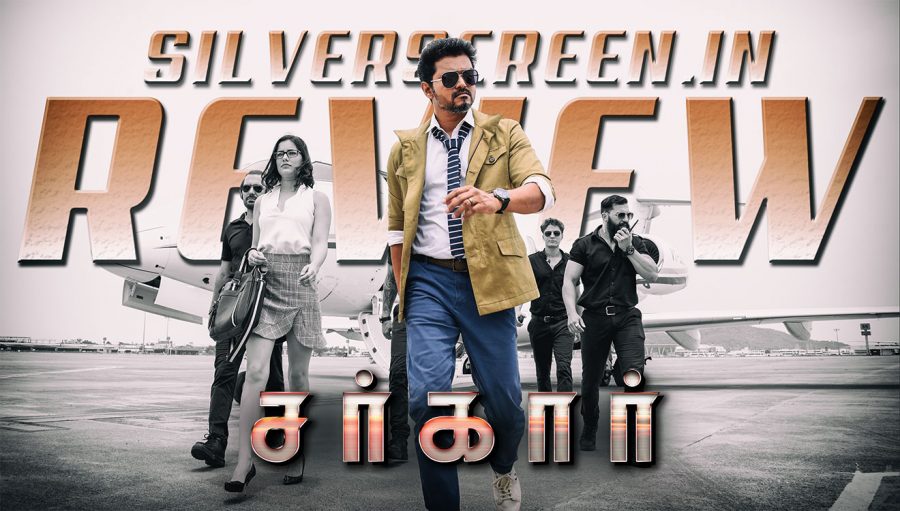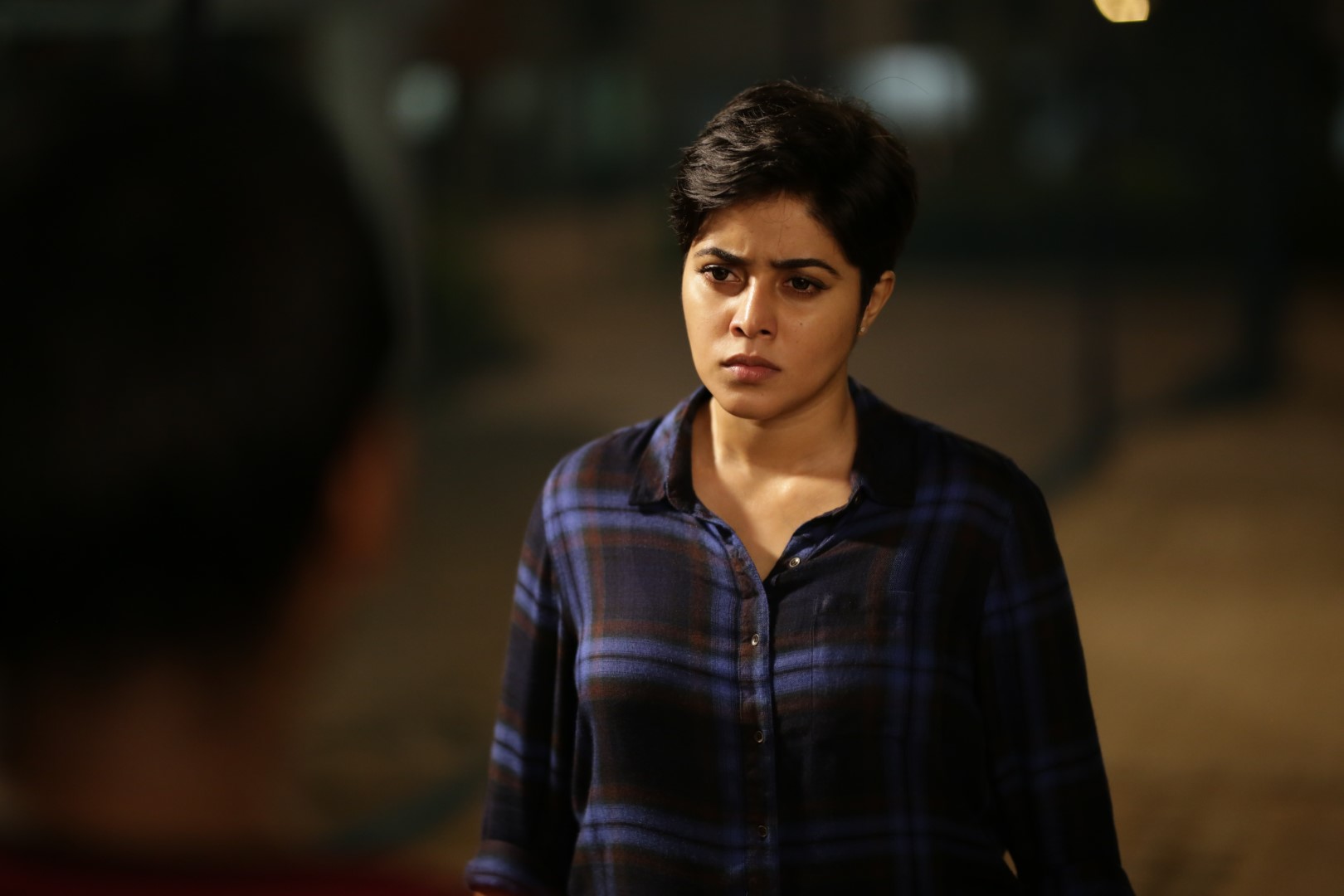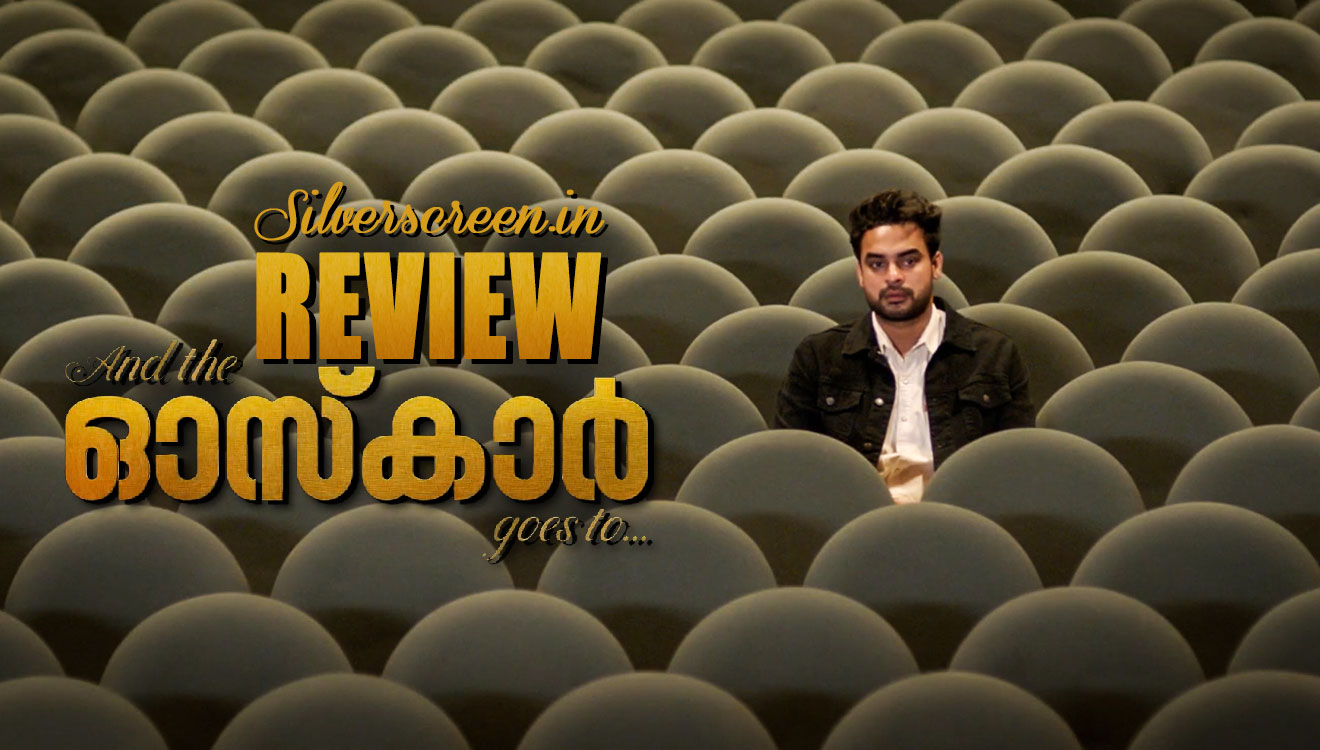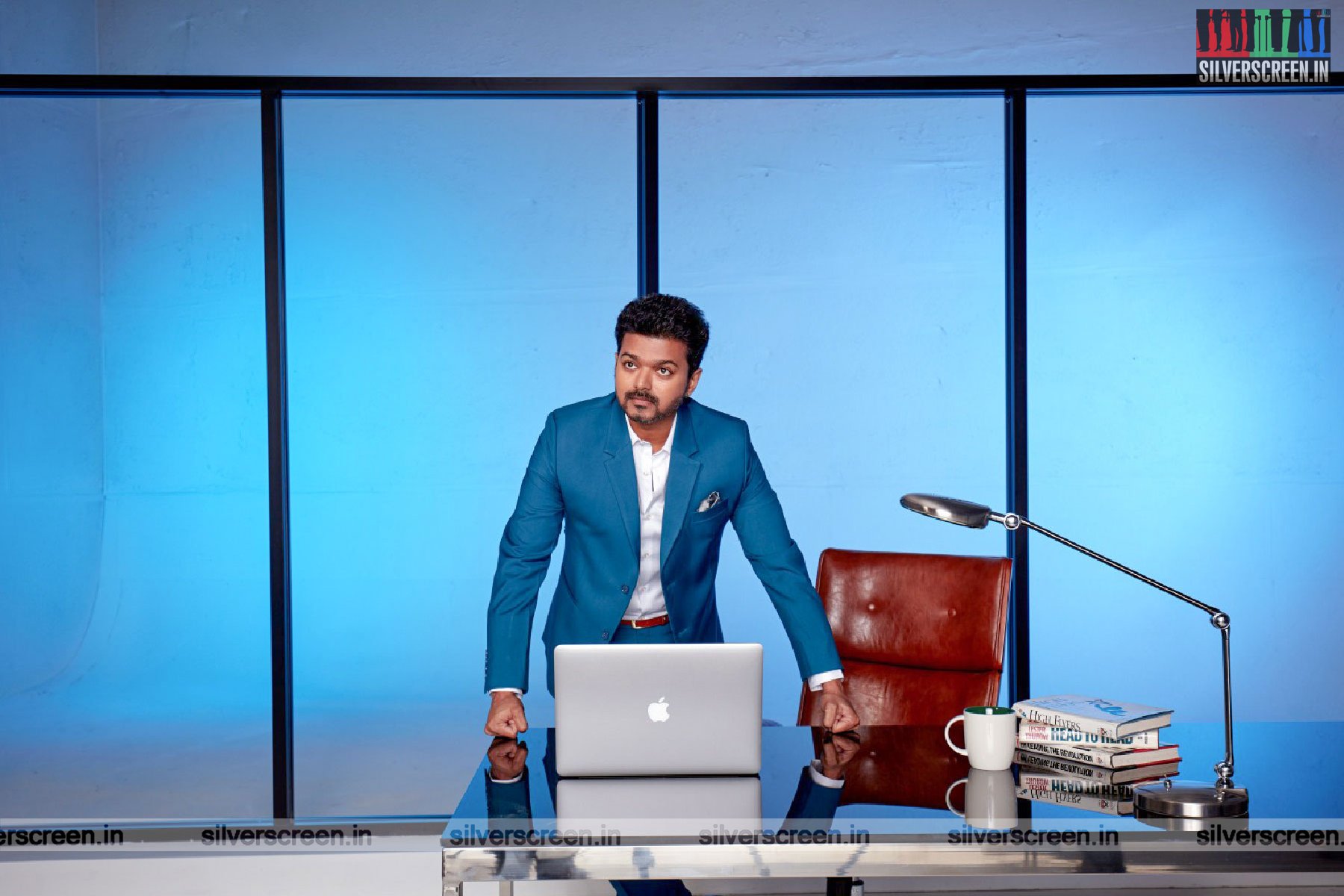Director: A R Murugadoss
Cast: Vijay, Keerthy Suresh
Composer: A R Rahman
Real and reel merge in Sarkar, directed by A R Murugadoss, initially plagiarized from Varun Rajendran’s story that is registered with the South Indian Film Writers Association and acknowledged in the opening credits in the form of an expansive, unwieldy letter signed by “A R Murugadoss (Writer/Director)”. The real part is of course Vijay’s political ambitions and Tamil Nadu’s volatile political situation, and the dramatic past couple of years. The reel parts are the ingredients of a Vijay film. Vijay is introduced as Sundar Ramasamy, CEO of GL with a self-styled moniker, “corporate criminal”. He is shown to be partying it up in Las Vegas and his modus operandi is entering countries, destroying their companies and then making a quick exit.
We don’t know what all of this means. Is he buying out these smaller companies? Why is it so evil that he is banned from a few countries? At one point, someone suggests that the effects of his actions are being felt by a country even a couple of years after his visit. There were some manufactured publicity measures announcing that Sundar of Sarkar is based on Sundar Pichai of Google. Google and GL. Get it? But I wonder what Mr Pichai would make of that Las Vegas introduction and this Sundar’s reputation for destroying companies. Did Murugadoss confuse Amazon with Google?
The reel Vijay cannot just be CEO or corporate criminal. He has to wear many hats. He hires a lawyer – apparently all famous lawyers from Delhi are called Jethmalani. They even speak Tamil. But when they all meet, Sundar does the lawyer’s job. He talks, he argues. he cites sections from the law. Sundar’s vote has been cast by someone else and he moves the court. Therefore, we have a hearing or some arbitration. It is not clear. We now have an election commissioner, TN Seshan’s long lost brother, TN Chaari (Rajesh). The judge sitting on the case is Justice Krishnamurthy. Sundar, the fighter, is not far behind. The fights have an arresting kinetic energy to them and therefore never test your patience and Vijay’s agility is usually the best thing on a frame that contains him. When Sundar goes on a rant about how a single vote can make a difference, he mentions everyone from Vajpayee to Hitler (Vajpayee is muted. Hitler, of course, you don’t have to mute right? Right.).
And there is Vijay the orator. By now, it is well established that Sarkar is a long, watchable, never-a-dull-moment political rally in the lead up to Vijay’s real world ‘sarkar’. When Sundar decides to stand for the elections in the constituency of the ruling Chief Minister (Pala Karuppiah as Masilamani), he is sent to the latter’s strongest area, claiming Sundar will not make it out of there alive. What is the place called? Ayodhya Kuppam. An unveiled reference to both BJP’s Tamil Nadu ambitions and the current Tamil Nadu government being sympathetic to that cause. There is another veiled attack on Aadhaar, most specifically the UIDAI and the government, when the photograph on Aadhaar card doesn’t match the person in front. There is a Jallikattu name drop and a violent police attack on the civilians, with the ruling party’s symbol containing an ax.
Murugadoss does not believe in subtlety in any form. But some of the machinations here are delightfully old school. Unlike NOTA, where Vijay Devarakonda donned the avatar of rowdy CM, there is no such glamorization for Vijay. A lot of times – you need to discount the fights – he seems to be playing by the book. For a tech CEO, there isn’t over reliance on futuristic gadgets, hacking or even social media screens plastered across the frame. Twitter and Facebook are present but in their minimal forms and often, only mentioned. It also means the film lacks the novelty of a Thuppakki. Sarkar is never a chore, but one wishes it was a little less straightforward. Vijay is dressed in sober colours, a marked departure for him compared to his other films. In a sea of white shirts and dhotis at a rally, Vijay walks in, uninvited, wearing a black suit and grey sweatshirt. It makes for a fine image.
After Mahanti, Keerthy Suresh as Nila seems to have been demoted to her earlier roles – walk-in parts with the hero of the film, inconsequential to plot or narrative. Varalaxmi Sarathkumar’s Komalavalli has it markedly better. She is the brains in the ruling party where the old guards are still using archaic ways to stifle their opponents. In a baffling choice of placement, Sundar randomly mentions to Nila that it is good to have a woman present by the side – referring to his manager – adding that it gives him a boost of energy (later on, Sundar utters another dialog objectifying wives of the men present in order to enrage a room full of media). Whatever that is intended to be, Komalavalli surely plays that part for the ruling party. From Canada, she remotely controls her father Masilamani and the second in command, imaginatively named Rendu (Radha Ravi), wearing the latest Fall-Winter collection.
When Sundar has wrecked enough havoc in Tamil Nadu, she returns to India for a closer look, while her attire changes to a sari and a higher fitting blouse up to her clavicle. It’s a relief that this scheming character is not written like a vamp or an obvious villain (especially post Sandakozhi 2 for Varalaxmi), but more like just another politician, doing everything in her physical and moral capacity to retain power within the family.
A problematic stretch occurs when Vijay takes a leaf out of a real-world Chief Minister – N Chandrababu Naidu. In order to identify several independents to run for elections all over Tamil Nadu, he suggests stringent background checks that border on snooping and surveillance. This is a larger issue with the way Sarkar is structured in that by the end of the film, we don’t find out anything about Vijay, the politician’s ideological standing. Yes, I realise I am now asking for a manifesto and reviewing the political ambitions of Vijay, not the film, but that’s what Vijay and AR Murugadoss have built. For all the speechifying and preaching – even a background involving fishermen shot dead by Sri Lankan Navy finds its way into the film – there is nothing concrete about Vijay’s political standing. And in that, it is as inconsequential as the other new entrants into the Tamil Nadu political arena.
Recommended
Early in the film, a murder-suicide by self-immolation of a family stops Sundar in his tracks. His Vision Tamil Nadu plan begins soon after and suddenly, he becomes the altruistic ideal. What was the corporate criminal like? Wasn’t he destroying lives then? He is banned from visiting some countries after all. The only core belief he had at the beginning of the film has to do with not forgetting to vote on election day. Where did the empathy for the people of Tamil Nadu come from suddenly? In Sarkar or about Sundar Ramasamy, we don’t get these answers.
*****
The Sarkar review is a Silverscreen original article. It was not paid for or commissioned by anyone associated with the movie. Silverscreen.in and its writers do not have any commercial relationship with movies that are reviewed on the site.



